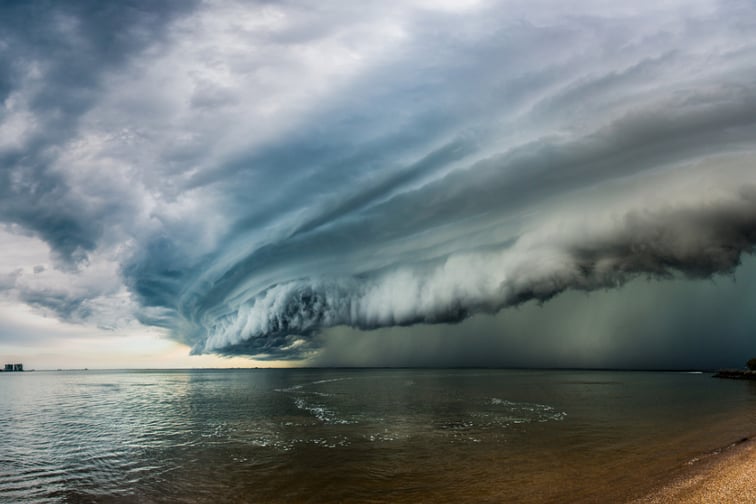

In a recent report, the Insurance Council of Australia (ICA) found that Australia’s houses are not resilient to tropical cyclone hazards, and it expects the impact losses from tropical cyclones in Australian communities to increase.
What’s worse, QBE recently found that 71% of Australians do not have a plan for extreme weather or natural disasters hitting their homes, with 37% claiming that they do not have an emergency plan because they don’t think they need one.
Of the people whose home or property has been damaged by wild weather, hailstorms were identified as the most common cause (37%); however, the respondents said they were more concerned about storms (28%) and bushfires (23%).
Those living in regional New South Wales (NSW), Victoria (Vic), and Queensland (QLD) felt their homes were better prepared for extreme weather events compared to metropolitan areas. Yet when it comes to protecting their homes, 16% said they had no protection or did not know if protection was in place for their home.
However, QBE warned that “natural disasters and extreme weather can strike anywhere with little to no warning.”
Arron Mann, general manager claims at QBE Australia Pacific, highlighted the importance of helping people better prepare for and protect themselves from extreme weather events and natural disasters as many are impacted by hail, storms, bushfires, floods, and other extreme natural events across the country every year.
“Whether you live in the city or the country, extreme weather can affect us all, so it’s better to be prepared,” Mann said.
With thousands of homes damaged or destroyed by extreme weather and natural disasters each year, QBE said Australians must take measures to protect themselves and their most important asset, including reviewing their insurance to ensure it’s adequate, should the worst occur.
QBE advised Australians to:
“One of the benefits of having an emergency plan in place is knowing exactly what you might need to take, such as a mobile phone and important documents,” Mann said. “It’s also crucial to know where you can go for assistance. This will help you leave quickly and allow you to focus on making sure the people you care about are safe.
“Home protection measures, such as conducting regular home maintenance, are key to preparing for wild weather and can go a long way in preventing or minimising damage to your home. They can also help ensure you’re not left lodging one of the tens of thousands of weather-related insurance claims we respond to annually.
“Insurance can offer important financial protection, but even if you have cover, the emotional and psychological cost of an incident can be significant.”
